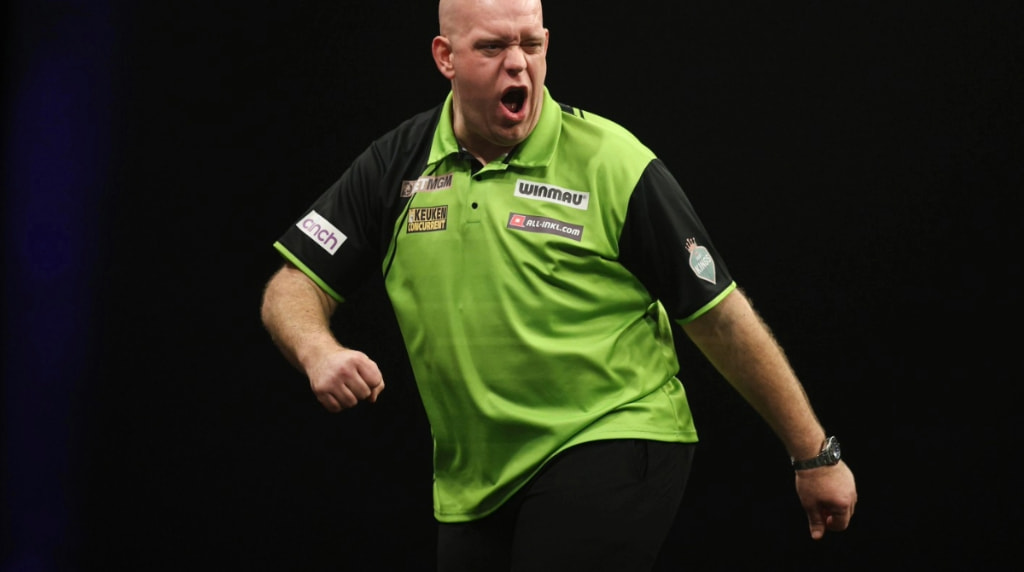NHS Severs GambleAware Funding Ties
The NHS has announced that it will no longer accept funds from the gambling industry to treat people with addiction. In a letter to GambleAware, National Mental Health Director Claire Murdoch wrote that from April 1st, the NHS would support its own gambling services. The NHS has also announced plans to open two new gambling clinics in England this year.

New clinics will open in Stoke-On-Trent and Southampton this May. ©Antoni Shkraba/Pexels
Conflict of Interest
The NHS has decided to give up its GambleAware funding, choosing instead to fund its gambling treatment services independently. From April 1st, the NHS will cease to accept funds from the charity. GambleAware received £16 million from the gambling industry between April and December last year. £1.2 million of that was used to supported NHS gambling clinics.
Writing to the CEO of GambleAware, National Mental Health Director Claire Murdoch explained how the NHS had come to its difficult decision. Murdoch stated that the NHS is enormously grateful for GambleAware’s support over the last three years, which has enabled it to roll out its treatment services quicker than would otherwise have been possible. She added:
“Our decision has been heavily influenced by patients who have previously expressed concern about using services paid for directly by industry. Additionally, our clinicians feel there are conflicts of interest in their clinics being part-funded by resources from the gambling industry.”
The change will bring the NHS’s gambling services in line with its other services, which it funds itself. However, while it will no longer be accepting grants from GambleAware, the NHS is not severing ties with the organization altogether. Murdoch reiterated the NHS’s commitment to working alongside GambleAware to combat gambling harms in the UK.
Murdoch also highlighted the fact that treatment services are not able to prevent gambling harms from occurring in the first place. It is up to the industry itself to take action to reduce instances of harm. She called on GambleAware to support the NHS’s call for regulatory and tax reforms in the gambling industry.
Murdoch’s decision comes less than a year after she told the Guardian that gambling operators should be made to fund treatment through a compulsory levy. The announcement has come at a time when the NHS is facing record demand for its gambling services.
Calls for a Mandatory Levy
GambleAware is an independent grant-making charity. It commissions prevention and treatment services throughout the UK and partners with expert organizations, including the NHS, to conduct research and run public health campaigns. It also commissions the National Gambling Treatment Service.
Every year, GambleAware asks that operators donate at least 0.01% of their Gross Gambling Yield to help combat harms. Amongst the largest pledges it received last year were £4 million from Bet365, £4 million from Entain and £1 million from William Hill. These pledges were all voluntary and did not include regulatory settlements.
It is this origin that some patients and clinicians have expressed concerns over. Some take the view that pledging money to charity offers operators a free pass to continue harmful practices, instead of taking preventative measures. Others maintain that the industry, which generates profits of more than £14 billion a year in the UK, should be made to cover the cost of harms that it has caused.
CEO of GambleAware, Zoë Osmond, had previously stated that concerns over the independence of its funding would be resolved by a fixed safer gambling levy. GambleAware trustees have recommended that the government impose a mandatory levy as part of reforms to come following its 2005 Gambling Act review.
The charity claims that such a levy would ensure that all operators are held accountable for their actions. It has suggested a mandatory levy of 1% of operators’ gross gambling yield. It says that this would ensure consistency and transparency throughout the industry. However, with the Gambling Act review delayed even further, if and when a levy will be introduced remains uncertain.
While issues over funding gambling treatment services remain a divisive subject, the demand for such support continues to rise. The NHS recently unveiled plans to launch two new gambling clinics in Southampton and Stoke-On-Trent. Once completed, this will raise the number of specialist clinics in England to seven.
Two New Clinics
The two clinics are set to open in May, and will join clinics in London, Manchester, Leeds and Sunderland. The NHS also runs a pilot offering specialist help to children recovering from gambling harms at its National Problem Gambling Clinic in London.
It is expected that more clinics will come after these services are evaluated later this year. Announcing the latest clinics, the NHS highlighted the north of England as having the highest number of at-risk gamblers. In the North East 4.4% of adults are at risk of addiction, while that figure stands at 4.4% in in the North West.
Between April and December last year, 668 people suffering from the most severe addictions were referred to NHS gambling clinics. This number was up by 16.2% on the same period the previous year, when that number stood at 575.
Research published by Public Health England last year stated that an estimated 0.5% of the adult population are likely to have some form of gambling addiction. That figure accounts for 246, 000 people. Meanwhile, a further 2.2 million people are at risk of developing an addiction.
Announcing the new clinics to be launched in Southampton and Stoke-On-Trent, Murdoch spoke about the lasting impacts that problem gambling can have. The new clinics come as part of the NHS’s £2.3 billion investment into mental health services. Murdoch went on to state:
“It is also absolutely right that the NHS now funds these clinics independently, recognizing the harmful effects this addiction can have on the nation’s mental health, and that predatory tactics from gambling companies are part of the problem, not the solution.”
The NHS also plans to launch a new Gambling Harm Network and Clinical Reference Group later this year. This will bring together expertise and allow clinical teams to share best practices for treating addiction. In turn, this will support better outcomes for patients.



